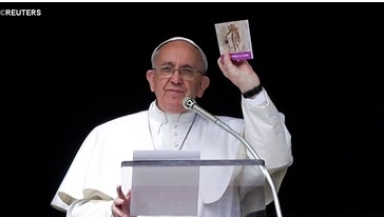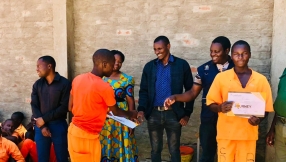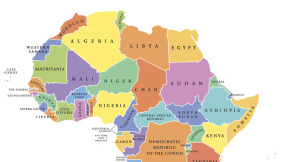
A letter from Pope Francis to Argentine lawmaker Gustavo Vera had some Mexican politicians and citizens up in arms after the pontiff's use of the term "Mexicanisation."
Francis was referring to a potential negative influence on his native Argentina in the area of drug trafficking.
"Hopefully we are in time to avoid Mexicanisation," the letter read. "I was talking to some Mexican bishops, and it is terrifying."
In Mexico, there have been drive-by shootings targeting priests, threats of violence, and other terrorising acts. The clergymen believe they are being attacked for condemning the rampant violence in the country.
Vera published the Pope's private letter on his website.
Mexican Foreign Minister Jose Antonio Meade criticised Francis' words during a news conference on Monday.
More than searching to stigmatise Mexico or any other region of the Latin American countries, we should pursue an increased focus, better spaces for dialogue and more spaces for the recognition of the efforts Mexico and Latin America have made in respect to a topic that worries us," he told reporters.
Mariano Palacios Alcocer, the Mexican ambassador to the Vatican, received a letter from the Vatican on Tuesday, clarifying Francis' letter.
"The expression 'avoiding the Mexicanisation' was utilised by the Pope in a strictly personal and informal email, in response to an Argentine friend very committed to the struggle against drugs, who had used this phrase," the Vatican's letter said.
They insisted that Francis' use of the term "did not attempt in any way to hurt the feelings of the Mexican people, for whom he nurtures a special affection... much less undervalue the commitment of the government in the struggle against drug trafficking."
According to the National Catholic Reporter, about 100,000 people have been killed and 20,000 people kidnapped in Mexico over the past eight years because of drug trafficking and organised crime.













